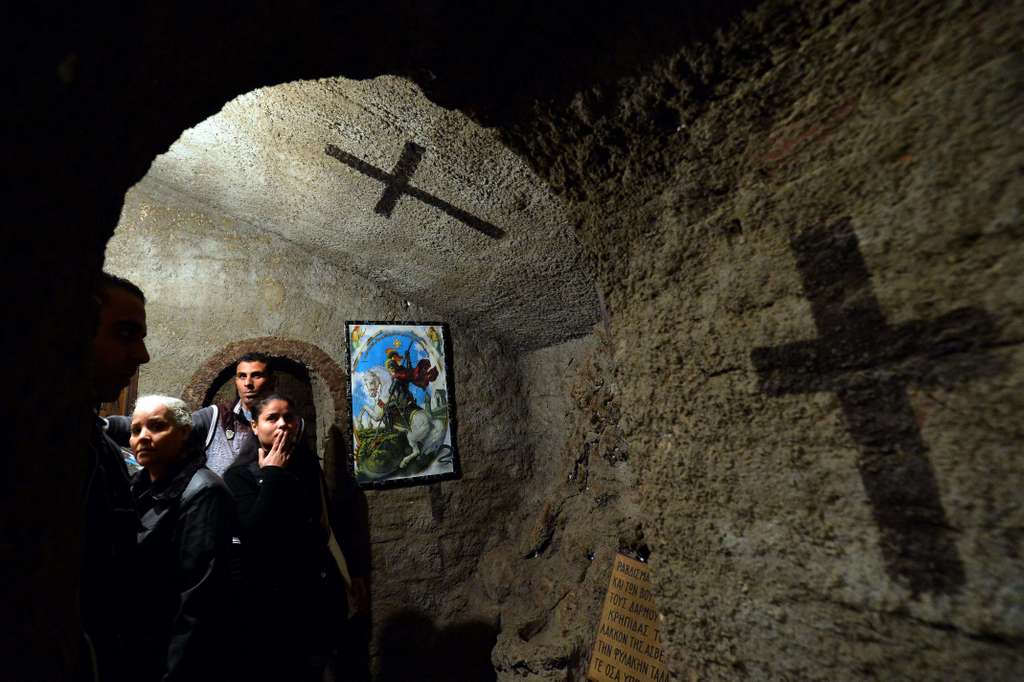I entered the “Three Monkeys, the latest creation from Turkish maverick Nuri Bilge Ceylan, with a set of prejudices. I’m a big fan of Ceylan’s work especially, “Distant (2002), the film that put him on the international film map. Perhaps that’s why I knew what to expect from “Monkeys, winner of the Best Director Award at this year’s Cannes Film Festival. Well, not quite so.
Ceylan’s four previous films were distinguished for their naturalism, absence of plot and stunning juxtapositions between man and landscape. Most of Ceylan’s characters are silent, rarely expressing their emotions. Their motivations are always questionable; their faces are the only outlet divulging their secrets.
All his past films are light on action, heavy on meticulously composed still images. Ceylan creates sensory experiences poles apart from the traditional forms of classic or even modern narrative. In that sense, his films share close kinship with Michelangelo Antonioni and Andrei Tarkovsky than mainstream Turkish cinema.
The visual hallmarks of the Ceylan’s films are all front and center in “Three Monkeys, one of the highlights of the festival’s Out of Competition section. Yet, in his latest cinematic endeavor, Ceylan attempts to accomplish a feat he’s never remotely dared to approach: create a melodrama and turn the genre on its head.
The film opens with an establishing shot of a car steadily disappearing into darkness until the entire screen goes dim. The sound of a car suddenly swerving is heard off screen. Minutes later, it becomes clear that the driver of the car has been involved in a hit and run accident.
The driver is Servet, a wealthy businessman and parliament candidate. Servet is confident that the accident would end his political career and thus, to save his campaign and to avoid jail time, he persuades his driver Eyüp (Yavuz Bingol) to take the blame. In return, Servet promises Eyüp to financially compensate him and take care of his wife Hacer (Hatice Aslan) and son Ismail (Rifat Sungar) while he is away.
As in any average melodrama, things certainly don’t go as planned. Ismail soon becomes a juvenile delinquent while Hacer pleads apathetic Servet for money to support her son before she embarks on an obsessive affair with him. When Eyüp is finally released from prison, he realizes that the foundation holding together his little family has collapsed.
From that point onwards, the film follows a course of film noir (reminiscent, in many ways, of Hungarian filmmaker Bella Tarr’s subdued epics); deconstructed to create something new altogether at the end.
Apart from the general framework of the story, “Three Monkeys doesn’t follow the pattern melodramas. No external forces interfere in the characters’ destinies. Instead, Eyüp, Hacer, Servet and even Ismail are forced to confront the repercussions of their choices. Unlike formulaic melodramas, there’s no one to blame here but themselves.
In many ways, “Three Monkeys is about an emotionally isolated family attempting to avoid facing its mistakes, and eventually, learning to come to grips with its loss.
The film is mostly silent. The clear, disquieting tension between characters doesn’t explode into emotional outbursts. In fact, there’s hardly a moment of relief in the film. Dread and menace loom over nearly every scene, fostered not only by the searing close-ups but also by the physical backdrop.
Colors are washed out; creating a sepia-like effect that recalls the industrial dystopia of Antonioni’s “The Red Desert. Ceylan uses digital technology to produce his wide array of gradients in addition to the stark contrast between lights and shadows. The final outcome is hypnotic austere images that are captivating as much as they are invasive.
The most remarkable aspect of Ceylan’s filmmaking is the large space he leaves for the audience to ponder upon the characters’ actions. Perhaps more so than his predecessors, Ceylan’s characters remain puzzling throughout the film. Each close-up brims with infinite amounts of contrasting emotions. The film ultimately becomes a subjective experience for viewers, allowing for different interpretations and diverse readings.
“Three Monkeys is not a perfect film. Plotting is certainly a new territory for Ceylan; he employs it to explore new facets of the medium.
I honestly prefer his previous works, primarily because the space to escape is wider and less oblique. I did love the film though, and I was taken aback by Ceylan’s masterful craft. “Three Monkeys might not be an entirely successful experiment, it’s an experiment nonetheless that should be admired and respected.
I watched the film in a packed Nile City film theater earlier this week after the end of an exceedingly long day. I was knackered, frustrated by the incompetence of the festival workers. Art films like “Monkeys haven’t fared well with the festival audience as usual. Almost none of the audience members who watched the film seemed to like it as much as I did. I walked out of the theater on the verge of breaking down. A petty comment from a friend drove me to lash out at him. I couldn’t say I was surprised though.
It seems as though the place for films like “Three Monkeys that veers slightly towards the experimental is not in Cairo, a city that will continue to awash in the flood of Hollywood trash and irreverent Egyptian flicks.
Catch “Three Monkeys tonight, 9:30 pm, at Metro cinema.

